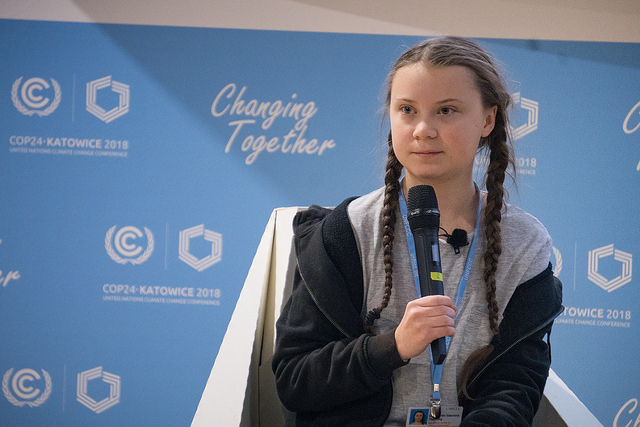After two weeks of negotiations and extra time over the weekend, Parties agreed the Paris Rulebook – a set of consistent rules to ensure all countries around the world are acting in unison on climate change. But the fact that they failed to put people, their rights and their participation at the centre of efforts to guide how countries act on climate change is of serious concern.
Equally worrying was the reluctance of some countries to acknowledge the Intergovernmental Panel on Climate Change (IPCC) Special Report on 1.5oC. A handful of countries – made rich from exploiting oil, gas and coal – refuse to accept the reality that the era of fossil fuels is over and their objections meant that the stark findings and recommendations of the IPCC on how to limit warming to 1.5oC were not given the urgent consideration they deserved. Yet again, it was the Least Developed Countries, Small Island Developing States, Indigenous Peoples, youth delegates and civil society who led with bravery and determination. They were not afraid to stand up to those who cling to the status quo, despite the now irrefutable evidence that business as usual will have devastating consequences for us all.
However, it is a minority trying to obstruct. The reality is that change is happening. Just six years ago at COP 18 we fought hard to make the case for gender equality having a place in the UN Framework Convention on Climate Change (UNFCCC), and now it is embedded in discourse and yielding results in terms of women’s participation and representation as well as gender–responsive climate action. Just a few years ago it would have seemed impossible to have an Indigenous Peoples representative co-chair a committee of the UNFCCC. Yet that is exactly what was agreed in Katowice as part of the Local Communities and Indigenous Peoples’ Platform, established to ensure the voice of communities living on the front lines of climate change are heard and acted upon. And, after 2 years of compiling evidence on the challenge of responding to the displacement of people from their homes and communities due to the impacts of climate change, the recommendations of the Taskforce on Displacement were adopted, setting out a rights based framework for human mobility to support people in particularly vulnerable situations.
Overall, I have the sense that people young and old, communities, business and cities are ahead of governments, more ready to commit to zero carbon by 2050 and to embrace the benefits sustainable development pathways can bring. Meaningful action now is essential if we are to ensure that action on climate change includes everyone, not simply the minority who can afford it. The recognition given to the Just Transition at this COP and the manner in which the Talanoa Dialogue (a global stocktake on climate action) was framed to embody inclusiveness, equity and voice, are all signs that climate justice is informing how the UNFCCC does business. The Talanoa Call for Action states that ‘We must achieve a just transformation towards a better world’ and describes that better world as one with universal access to sustainable and affordable energy sources, clean air, climate-resilient food production, healthy lands, forests and oceans, and sustainable lifestyles worldwide. It would be a transformation that leaves no one behind and where the benefits are shared across society through a just transition for all.
That is a vision every country should get behind.
ENDS


